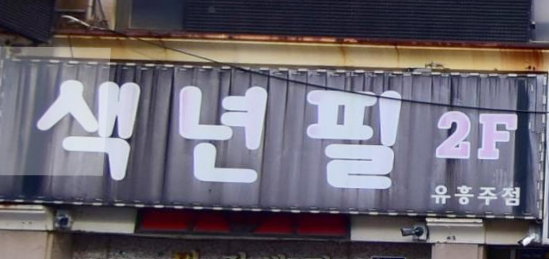Wine Tasting
페이지 정보

본문

Wine Tasting
What is the tasting process?
The tasting process in wine tasting involves a quantity of key steps that assist evaluate and appreciate the complexities of wine. Here’s a breakdown of every stage:
1. Observation
Begin by examining the wine’s look. This consists of:
- Color: Observe the hue, which may present perception into the age and kind of the wine.
- Clarity: Look for any cloudiness or sediment.
- Viscosity: Swirl the wine and observe the legs that type on the glass; thicker legs may point out greater alcohol content or sweetness.
2. Swirling
Gently swirl the wine in the glass to aerate it, which boosts its aromas. This action encourages risky compounds to flee, enriching your sniffing expertise.
3. Smelling
Bring the glass to your nostril and take a deep breath. Identify different aromas, which can vary from fruity, floral, HiOP spicy, to earthy. Think about:
- Intensity: How strong are the aromas?
- Complexity: Are there multiple layers of scents?
4. Tasting
Take a small sip of the wine and let it coat your palate. Focus on:
- Flavor: What flavors do you detect? Are they just like the aromas?
- Body: Is the wine light, medium, or full-bodied?
- Balance: Consider the relationship between acidity, sweetness, tannins (in reds), and alcohol.
- Finish: Pay consideration to the aftertaste; does it linger? What flavors remain?
5. Reflecting
Take a moment to understand the general expertise. Consider how the wine makes you're feeling and whether you would like to take pleasure in it once more. Document your impressions if you’re tasting multiple wines!
Following these steps can enhance your wine-tasting expertise, permitting you to appreciate the intricacies of various varieties and kinds.
What is wine tasting session?
A wine tasting session is an organized event where people can sample and consider various wines. It is an opportunity to discover different wine varieties, understand their distinct flavors, and be taught in regards to the wine-making course of.
Key Components of a Wine Tasting Session
- Selection of Wines: A variety of wines are chosen for the tasting, usually specializing in a selected region, grape variety, or style.
- Tasting Techniques: Participants are guided on tips on how to properly taste wine, which incorporates trying, smelling, and sipping to research the wine’s characteristics.
- Food Pairings: Some classes might include meals pairings, enhancing the tasting experience by demonstrating how sure foods complement specific wines.
- Expert Guidance: Typically, a sommelier or wine expert leads the session, offering insights and answering questions on every wine.
Common Objectives of Wine Tasting
- To develop an appreciation for different wine styles and flavors.
- To educate members about wine regions, grape varieties, and manufacturing methods.
- To identify private preferences for wines.
- To foster social interplay among participants through a shared experience.
Overall, a wine tasting session is both an academic and pleasant occasion, good for wine enthusiasts and novices alike.
Is wine tasting formal?
Wine tasting can differ in formality depending on the setting and event. In some instances, it can be fairly formal, happening in upscale environments where specific protocols are followed. This might embody guided tastings led by sommeliers, with a give consideration to the wine's traits and pairing recommendations.
On the opposite hand, wine tasting can be an informal experience, such as at festivals, informal gatherings, or home tastings with pals. In these conditions, the emphasis is often extra on enjoyment and exploration somewhat than strict guidelines.

Formal Wine Tasting
In a formal wine tasting, individuals may gown up, adhere to a schedule, and take part in structured evaluations of different wines. The use of specific terminology and the presence of a facilitator is common. Tasting notes could additionally be taken, and meals pairings are sometimes included to reinforce the expertise.
Casual Wine Tasting
Conversely, informal wine tasting permits for more flexibility. Participants may simply pour and sip without any predefined structure or tips. Discussions could also be informal, specializing in personal preferences and experiences rather than technical particulars.
Ultimately, whether a wine tasting is formal or casual can depend on the context and the preferences of these involved.
- 이전글Was Bedeutet Postabfertigung von zu Hause? 25.01.14
- 다음글Why You'll Need To Find Out More About Suzie The Yorkie Puppy 25.01.14
댓글목록
등록된 댓글이 없습니다.


